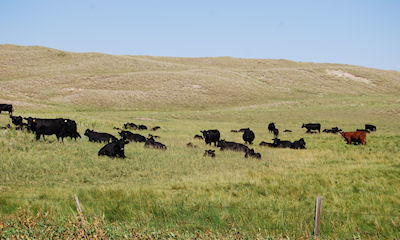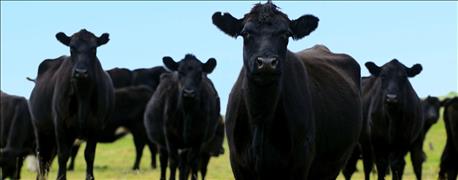January 21, 2016

As reported in "Time to chat with your vet", FDA's Veterinary Feed Directive will dramatically change the availability of medicated feed additives by year-end. And, you'll be required to seek veterinary approval for many over-the-counter antimicrobial drugs.
FDA is eliminating all food animal growth promotion uses of "medically important" antimicrobials – ones used to treat human disease. Remaining animal health uses meeting FDA's "judicious use" standards will require your veterinarian's approval.
Here's a current read on how the directive will affect products used in cattle. Keep in mind that the list may grow longer by year-end.

These cattle drugs will be impacted by VFD
Related: Beef producers to see changes with rollout of antibiotic VFDs
• A VFD won't be required to use monensin (Rumensin) in your rations if it's the only "antibiotic" in the ration. It's not considered a medically important antibiotic.
• Many cattle feeders feed tylosin to control liver abscesses. You'll need a VFD to continue doing so, and also for the monensin plus tylosin combination.
• Milk replacers often contain neomycin and oxytetracycline. They'll require a VFD.
• If you own a beef operation in different states, a VFD must be prepared by a veterinarian practicing in the state where the animals are receiving the drug.
• Chlortetracycline and oxytetracycline are often added to the feed in "receiving rations" for feedlot calves to control Bovine Respiratory Disease. They're listed as medically important drugs so a VFD will be required.
• Use of generic products varies by product, and likely requires a VFD. Check with your veterinarian.
Related: It's time to chat with your vet about your VFD
• After December 31, 2016, you'll still need a VFD for "leftover" products that previously didn't require a VFD.
• Chlortetracycline isn't approved as a feed additive to control foot rot outbreaks, so it won't be allowed. It's approved for use for anaplasmosis though, and you can request a VFD.
Harpster is a beef producer and retired Penn State University animal scientist.
You May Also Like




